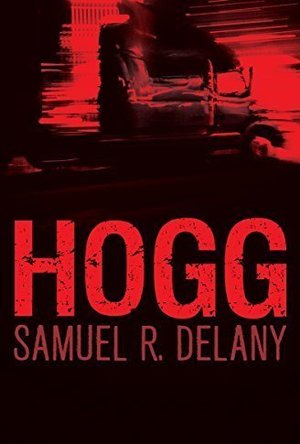Hogg
BookThis item doesn’t have any media yet
2015 | Fiction & Poetry
The narrator of Hogg is a Huck Finn–like youngster caught in society’s most sinister seams—but unlike Huck, he passes no moral judgments on the violence he takes part in . . .
Hogg is the story of a man—a depraved trucker named Franklin Hargus, whom the people he works for call Hogg—and of the nameless boy who tells the story of three days of unspeakable sexual violence and devastation, which, together, they initiate in a small seaside American city in the middle of the last century. Hogg is a towering brute who makes his living as a rapist for hire. By the end of a series of vicious attacks, kidnappings, and mass murders, the reader will wonder who is more corrupt: the man or the boy.
Samuel R. Delany completed his first draft of Hogg within a day, if not within hours, of the 1969 Stonewall Riots in New York City and revised it over the next four years, though it was not released until 1995.
Related Items:
| Published by | Amazon Digital Services, LLC |
| Edition | Kindle |
| ASIN | B00W4LL4AS |
| Language | English |
Main Image Courtesy: Amazon Digital Services, LLC.
Images And Data Courtesy Of: Amazon Digital Services, LLC.
This content (including text, images, videos and other media) is published and used in accordance
with Fair Use.
| 9-10 |
|
0.0% (0) | |
| 7-8 |
|
100.0% (1) | |
| 5-6 |
|
0.0% (0) | |
| 3-4 |
|
0.0% (0) | |
| 1-2 |
|
0.0% (0) |
